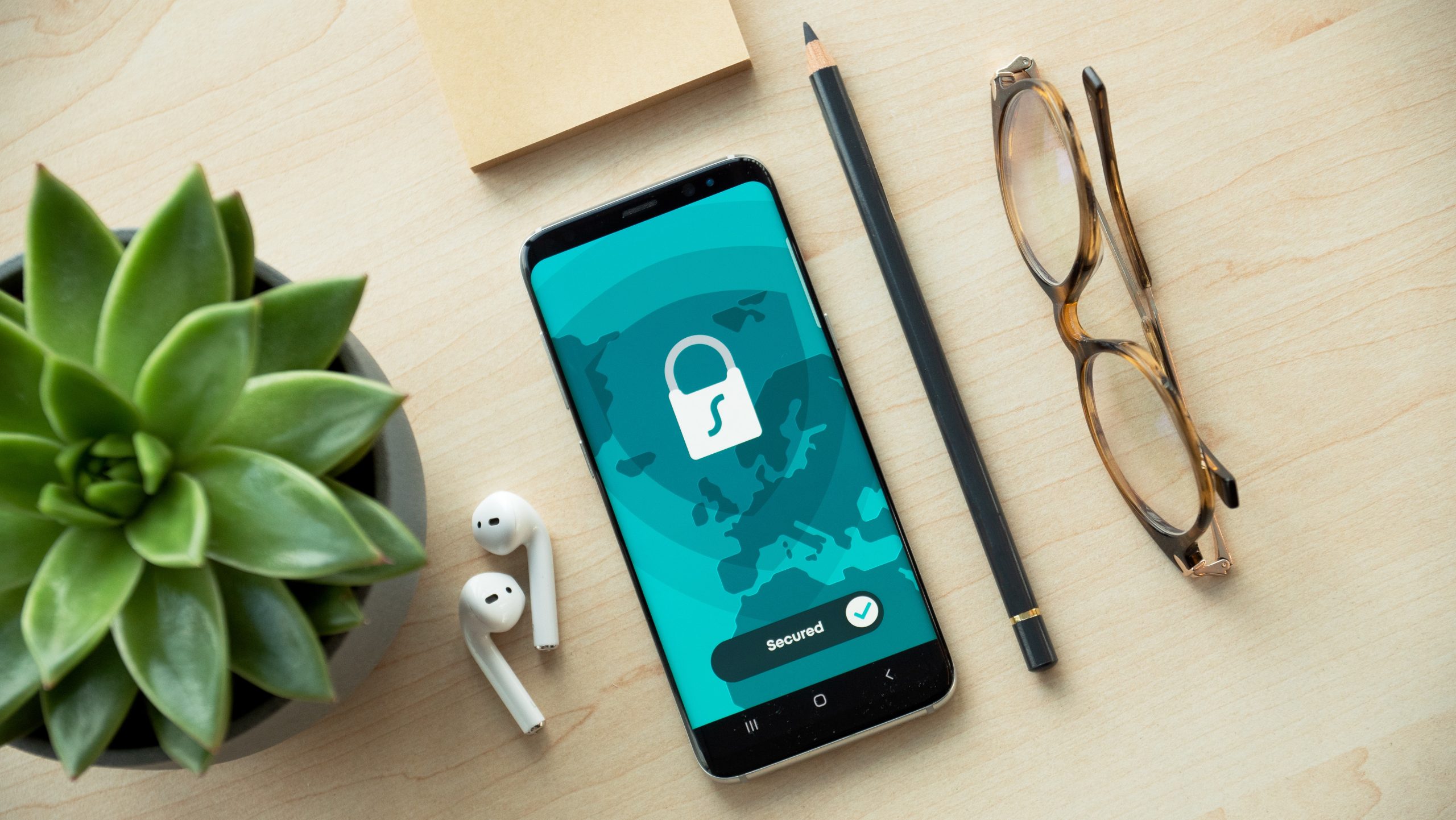As the world becomes increasingly interconnected through the internet, cybersecurity has become a critical issue for individuals, businesses, and governments alike. The threat of cyber attacks and data breaches is a constant concern, and the consequences of such attacks can be devastating. In this article, we’ll explore the growing importance of cybersecurity in a connected world and what individuals and organizations can do to protect themselves.
The rise of the internet and digital technologies has brought about a new era of connectivity and convenience. We can now access information, communicate with people around the world, and conduct business transactions with the click of a button. However, with this convenience comes a new set of risks. Hackers and cyber criminals are always looking for ways to exploit vulnerabilities in digital systems and gain unauthorized access to sensitive information.
Cyber attacks can take many forms, including malware infections, phishing scams, and denial-of-service attacks. These attacks can result in the theft of personal and financial information, the destruction of data, and even the compromise of critical infrastructure such as power grids and transportation systems. In addition to the financial and operational costs of these attacks, they can also damage the reputation and trust of businesses and governments.
As the threat of cyber attacks continues to grow, the importance of cybersecurity has become increasingly apparent. Governments around the world have recognized the need to invest in cybersecurity infrastructure and develop strategies to protect their citizens and national interests. Similarly, businesses are investing in cybersecurity measures to protect their operations and their customers’ data.
But what can individuals do to protect themselves in this interconnected world? Here are a few key tips:
- Use strong passwords and two-factor authentication: Strong passwords and two-factor authentication can help prevent unauthorized access to your accounts and personal information.
- Keep your software up-to-date: Keeping your software and operating system up-to-date with the latest security patches can help prevent vulnerabilities from being exploited.
- Be cautious with email and web browsing: Phishing scams and malware infections often occur through email and web browsing. Be wary of suspicious emails and links, and only download files from trusted sources.
- Use encryption and secure communication channels: Encryption can help protect your data from being intercepted and accessed by unauthorized parties. Use secure communication channels such as virtual private networks (VPNs) when transmitting sensitive information.
- Backup your data: Regularly backing up your data can help you recover from a cyber attack or data breach.
In conclusion, the growing importance of cybersecurity in a connected world cannot be overstated. Cyber attacks and data breaches pose a significant threat to individuals, businesses, and governments, and the consequences of such attacks can be severe. By taking steps to protect themselves and their data, individuals and organizations can minimize their risk of becoming victims of cyber attacks. As technology continues to advance and our reliance on digital systems increases, the need for strong cybersecurity measures will only continue to grow.




